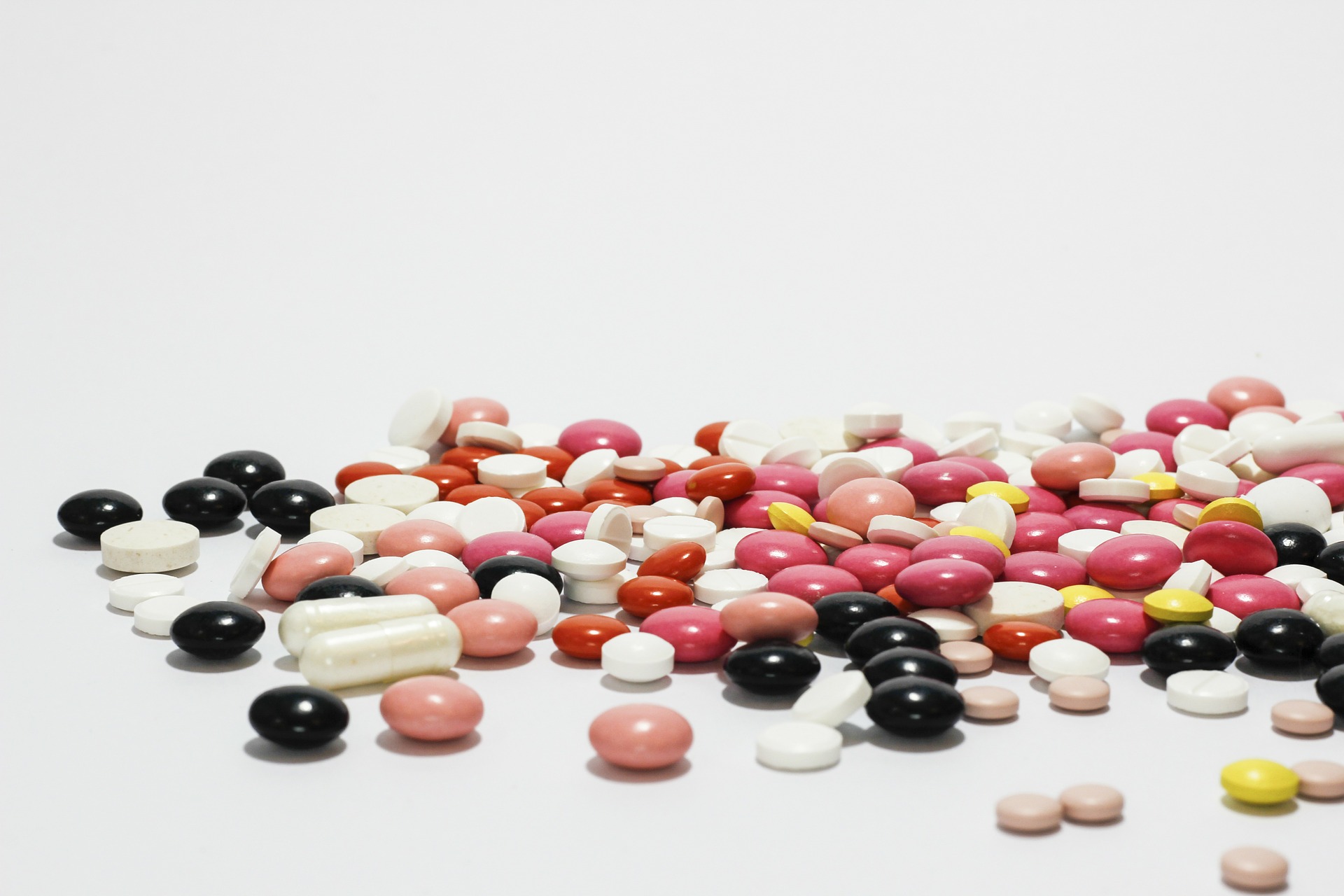Many people experience psychological problems that don’t rise to the level of needing medication. For example, anxiety is one of the most common psychological disorders, but in many cases can be treated without medication. Psychotherapy is always a good first-line treatment for common disorders like depression and anxiety.
However, tens of millions of Americans have experienced relief with psychotherapy assisted by medication. The use of medication in the treatment of psychological disorders is common. About 11 percent of Americans take an antidepressant daily. Sixty percent of those who take antidepressants have been taking them for at least 2 years.[1]
But how much do you know about the medicines that are given for the treatment of psychological disorders? Some people call them “happy pills,” although they don’t produce euphoria and are not addictive. Others fear they may somehow change people on a deep level, yet that isn’t true, either.
Understanding Antidepressants
It’s helpful to understand a little bit of how the brain works when discussing antidepressants. Brain cells called neurons use chemicals called neurotransmitters to signal each other. Unlike other cells in the body, neurons don’t physically connect to each other. They’re separated by a tiny gap called a synapse. For the cells to communicate, neurotransmitters must flow from the sending cell to the receiving cell across the synapse. Having done their job, the neurotransmitters are then cleared from the gap between brain cells.
In many people with depression, the neurotransmitters don’t stay available long enough for the receiving cell to pick up the signal correctly. Antidepressants work by preventing some of the mechanisms that remove neurotransmitters from working, making vital neurotransmitters available longer.
There are several major categories of antidepressant medication. The following are the most common.
Selective serotonin reuptake inhibitors (SSRIs). Serotonin is the neurotransmitter largely responsible for mood. When brain tissues don’t have adequate serotonin, depression is the result in many cases. These medications help more of the brain’s serotonin stay available for use.
SSRIs include:
- citalopram (Celexa)
- escitalopram (Lexapro)
- fluoxetine (Prozac)
- sertraline (Zoloft)
Serotonin and norepinephrine reuptake inhibitors (SNRIs). SNRIs target norepinephrine as well as serotonin. Norepinephrine is associated with the ability to concentrate and to focus, which is often impaired in people suffering from depression or bipolar disorder.
Common SNRIs include:
- desvenlafaxine (Pristiq)
- duloxetine (Cymbalta)
- venlafaxine (Effexor)
Duloxetine is also sometimes given to treat chronic pain, especially in cases of fibromyalgia and peripheral neuropathy.
Tricyclic antidepressants (TCAs). Tricyclic antidepressants are also an older class of medication and nowadays tend to be used if SSRIs or SNRIs fail.
TCAs include:
- amitriptyline
- clomipramine
- desipramine
- doxepin
- imipramine (Tofranil)
- nortriptyline (Pamelor)
Monoamine Oxidase Inhibitors (MAO Inhibitors) MAO inhibitors were the first true antidepressants developed. Although effective, they’re prone to interacting poorly, even dangerously, with common foods like cheese and red wine. They also react negatively with many common medications.
MAO Inhibitors include:
- Isocarboxazid (Marplan)
- Phenelzine (Nardil)
- Tranylcypromine (Parnate)
If you’ve been having problems coping, you don’t have to struggle alone. Damaris Aragon, ARNP, BC provides a full spectrum of mental health care to people in Spokane, Washington, and surrounding areas. She focuses on providing personalized, compassionate care that adheres to current evidence-based standards. Reach out to Damaris through her contact page or calling 509-342-6592.






